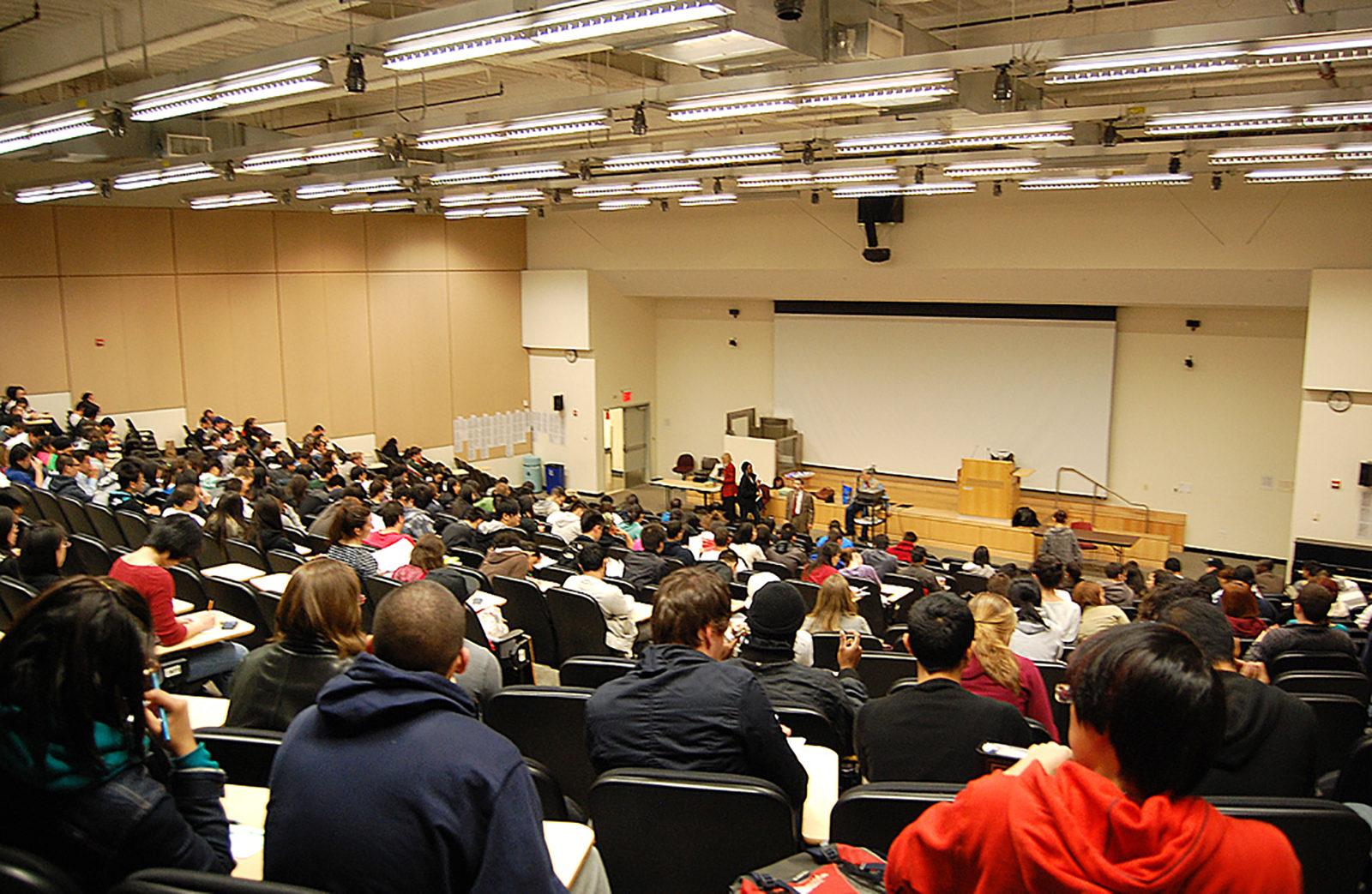
PHOTO COURTESY WIKIMEDIA COMMONS
Although classes didn’t start until Tuesday, some Boston University faculty spent the weekend hard at work. As students flooded back to campus, unpacking boxes and decorating dorm rooms, BU lecturers armed with banners and flyers set up outside of student housing to tell students and parents that the tuition they pay to attend BU, over $67,000 a year, is more than lecturers’ annual salary.
These complaints are as serious as they are true. In 2015, the Chronicle of Higher Education reported the average salary of a BU lecturer to be $66,420. An article in the Boston Globe cited numerous instances of lecturers with doctorate degrees and years of experience who earn even less than that.
This isn’t the first time the BU community has questioned how the university spends its money; everyone who’s spent time on campus knows about the sky-high price of tuition and President Robert Brown’s seven figure salary. However, this is a clear example that when it comes to BU’s budget, there are more eyebrow-raising issues than the ones people make memes about.
If BU wants to excel as a beacon of higher education, we should make our faculty a priority at every level, starting with the lecturers. It’s been proven time and time again that schools are more successful when teachers are treated and paid more fairly. Higher salaried positions attract more qualified candidates, who in turn reflect well on the university. When these lecturers need to work multiple jobs to make ends meet, they are not dedicating as much time and energy to their students as they should be able to do.
As far as the students go, we have no way of knowing whether our instructors are tenured professors or part-time lecturers, unless we are told directly. As students, we deserve to have teachers whose salaries allow them to dedicate themselves to their work in the classroom, regardless of the title they hold outside of it.
It is tempting for the BU administration to spend money on things like fancy new buildings, things that might make BU more attractive to prospective students, but these facilities are not nearly as important to a student’s education as the educators themselves. Though an increase in students’ already expensive tuition seems like too high of a cost to pay for these raises, this is clearly not the only solution. With a budget as large and complex as that of a university like BU, there are sure to be some funds that could be better spent on lecturer salaries than their current allocations.
The article in the Globe cited the lecturer’s complaining of “shamefully low pay and unfair working conditions.” While this is undoubtedly hyperbole — there are countless companies in Boston alone that pay their workers far worse — that doesn’t change the fact that highly educated people doing important work deserve to be able to pay their student loan bills every month.
It makes sense to have different levels of professors, full, assistant, adjunct and even lecturers. It also makes sense that these positions should not be paid the same. They have different levels of experience, and are performing different work. Professors do research, which is arguably some of the most important work that takes place at universities. However, according to the data from Chronicle of Higher Education, the average salary for a professor at BU is about $169,000 — making the difference between the two a little over $100,000 — an amount that is both shocking, and uncalled for.
This isn’t a new issue, and it isn’t an issue unique to BU, but it’s important nonetheless. At a bare minimum, BU should be more vocal about the role these lecturers hold, and what the university is doing to try and make it a better place for them to work.